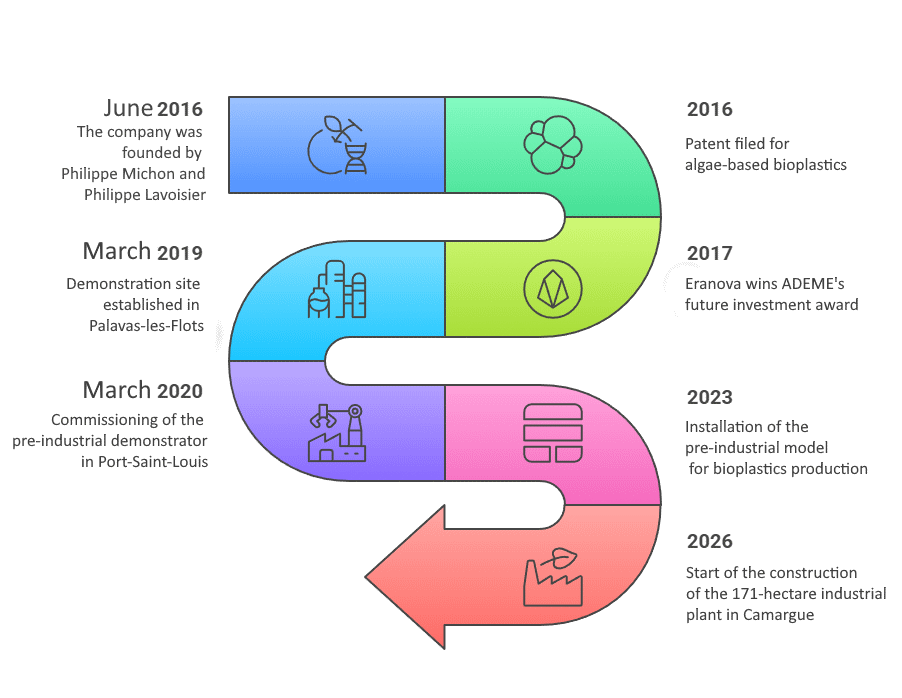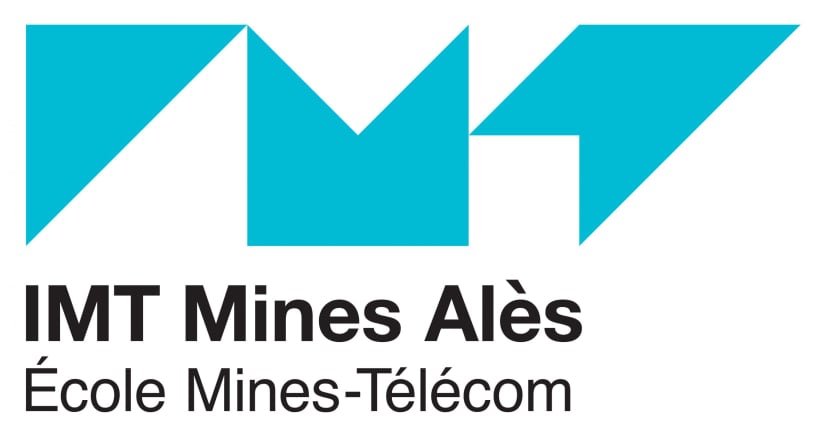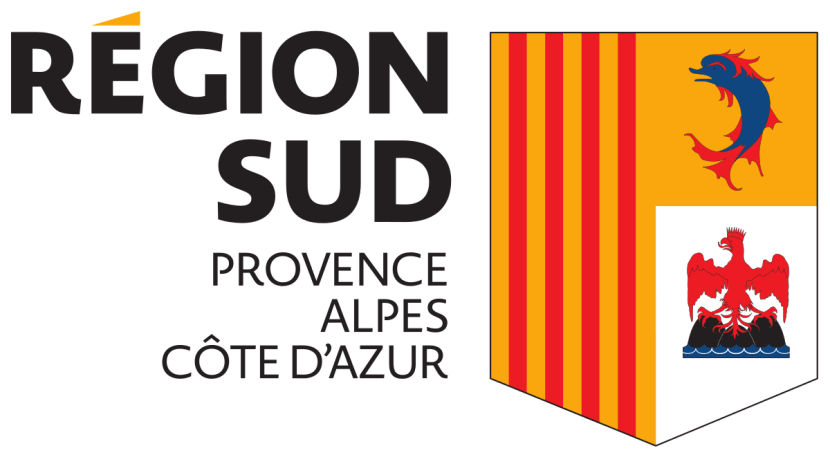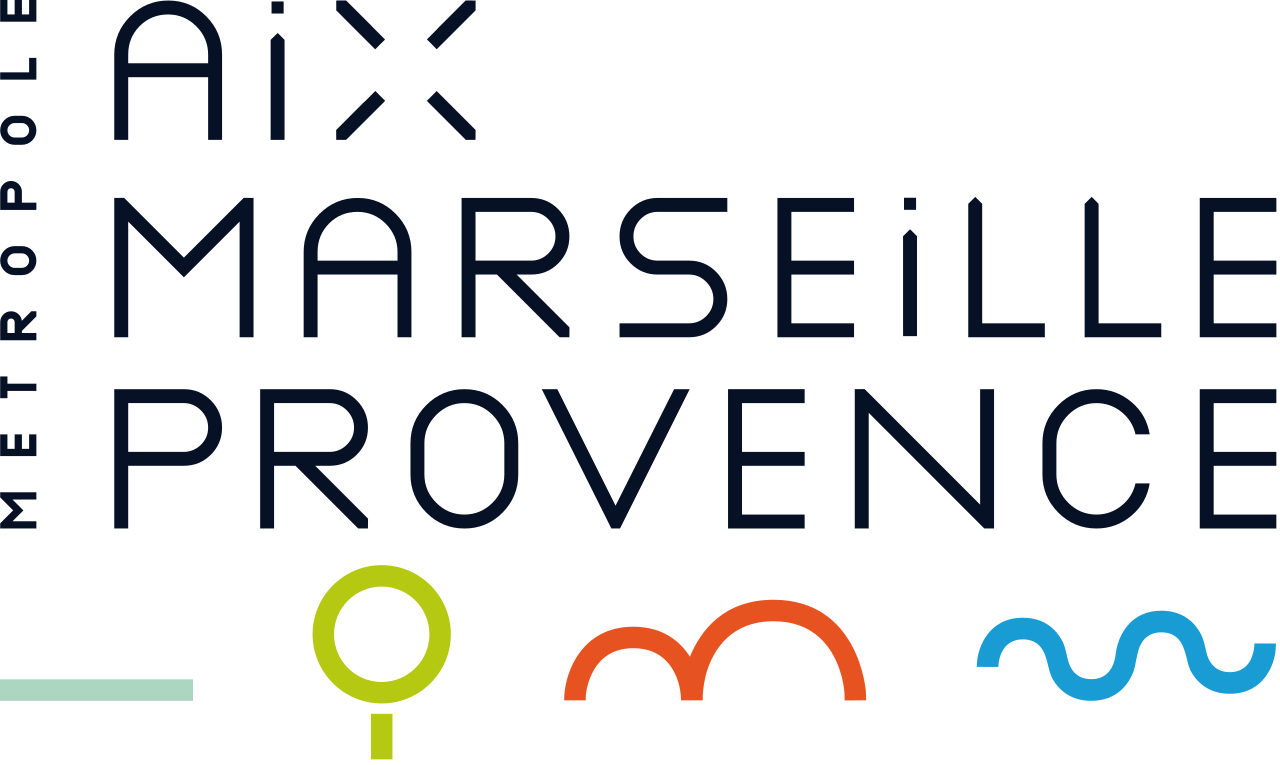Our values

Energy value
Energy partnership with local manufacturers and sustainable practices
1. Energy Collaboration
2. Beach and Site Cleaning
3. Waste Upcycling
4. Use of Renewable Energy

Social value
The Industrial Project combines technology transfer and rehabilitation of industrial infrastructures, focusing on sustainable and collaborative models. Local employment of none specialised workforce

Property value
No Occupation of Agricultural Land
Algae production does not require arable land, allowing cultivation in aquatic environments or unused areas.
Reduced Footprint
- Productive Efficiency: Algae starch production per hectare is 14 times higher than that of corn, with lower water and fertilizer usage.
- Environmental Benefits: Reduction of CO₂ emissions, improvement of water quality (removal of nitrates/phosphorus), and avoidance of pesticides.

Environmental value
Green Algae Bioplastics: Transforming pollutants into value-added products
Green algae, often considered pollutants on beaches and in waters, find new life as raw material for sustainable bioplastics. This innovative process converts environmental waste into products of high economic and environmental value, contributing to the circular economy and the preservation of ecosystems.

Local and global territorial value
Upcycling Green Algae: From Problem to Opportunity!
A burden for communities, an opportunity for the environment: green algae blooms can be transformed into a valuable resource.
Decontaminating beaches, boosting tourism, and improving the environment: a sustainable solution to an environmental problem.












Share this page